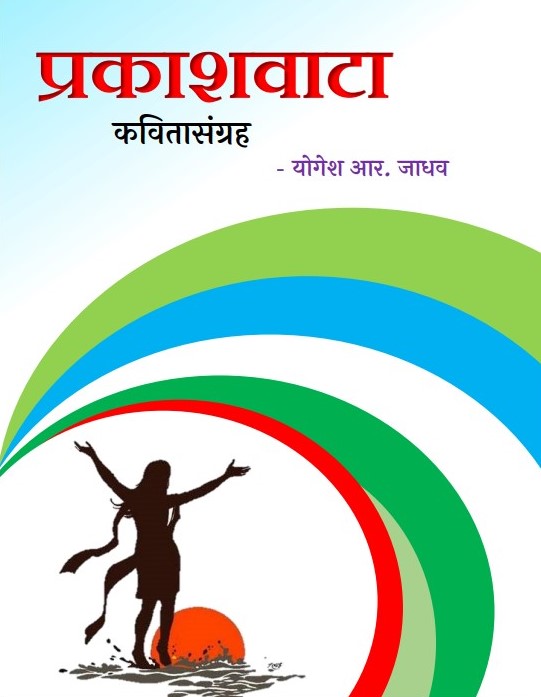GSEB STD 7 ALL SPELLINGS
Spelling is a set of conventions that regulate the way of using graphemes (writing system) to represent a language in its written form. In other words, spelling is the rendering of speech sound (phoneme) into writing (grapheme). Spelling is one of the elements of orthography, and highly standardized spelling is a prescriptive element.
Spellings originated as transcriptions of the sounds of spoken language according to the alphabetic principle. They remain largely reflective of the sounds, although fully phonemic spelling is an ideal that most languages' orthographies only approximate, some more closely than others. This is true for various reasons, including that pronunciation changes over time in all languages, yet spellings as visual norms may resist change. In addition, words from other languages may be adopted without being adapted to the spelling system, and different meanings of a word or homophones may be deliberately spelled in different ways to differentiate them visually.
Standardization of spelling is connected with the development of writing and the establishment of modern standard dialects. Languages with established orthography are those languages that enjoy an official status and a degree of institutional support in a country. Therefore, normative spelling is a relatively recent development linked to the compiling of dictionaries (in many languages, special spelling dictionaries, also called orthographic dictionaries, are compiled, showing prescribed spelling of words but not their meanings), the founding of national academies and other institutions of language maintenance, including widespread education and literacy, and often does not apply to minority and regional languages.
In countries or regions where there is an authoritative language academy, such as France, the Netherlands, and the German-speaking areas, reforms are regularly made so that spelling better matches the changing pronunciation.
While some words admit multiple spellings, some spellings are not considered standard. These are commonly called "misspellings". A misspelled word can be a series of letters that represents no correctly spelled word of the same language at all (such as "leik" for "like") or a correct spelling of another word (such as writing "here" when one means "hear", or "no" when one means "know"). Misspellings of the latter type is called "atomic typo" and it can easily make their way into printed material because they are not caught by simple computerized spell checkers.
Misspellings may be due to typing errors (e.g. the transposition error teh for the), lack of knowledge of the normative spelling, or lack of concern over spelling rules at all. Whether or not a word is misspelled may depend on context and the orthographic conventions adopted, as is the case with American / British English distinctions. Misspelling can also be a matter of opinion when variant spellings are accepted by some and not by others. For example, "miniscule" (for "minuscule") is a misspelling to many, and yet it is listed as an acceptable variant in some dictionaries.
A well-known Internet scam involves the registration of domain names that are deliberate misspellings of well-known corporate names to mislead or defraud. The practice is commonly known as "typosquatting"







टिप्पण्या